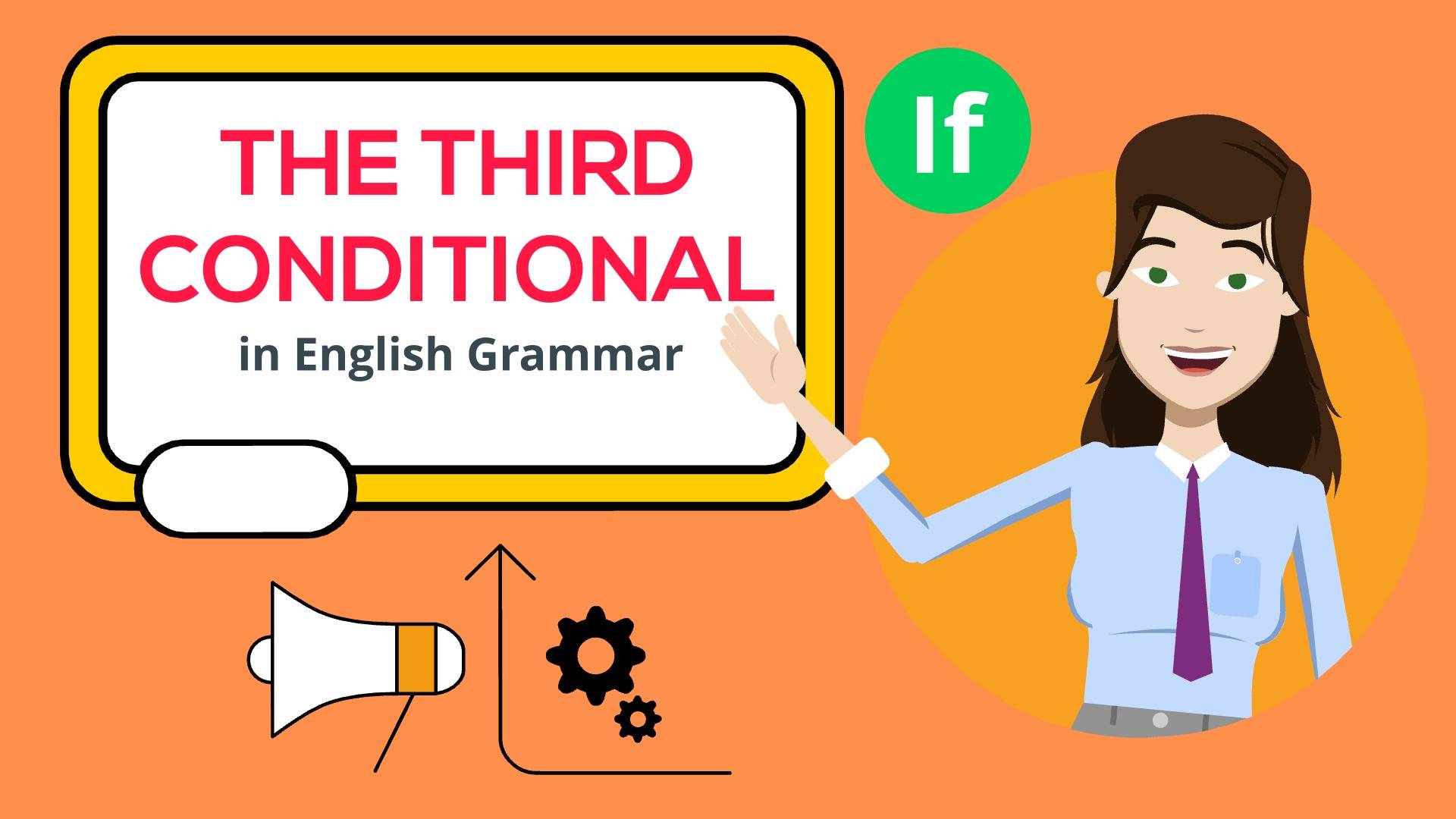Sometimes, we feel worried about what happened in the past. It means, we are not happy with what we did in the past or we are not happy with what we did not do in the past. As a result of our action, we got a result we did not like.
We cannot reverse it. Then we imagine something opposite. This is called an imaginary past action. We cannot reverse the action, but we can imagine a situation where something opposite happened.
In English such things can be expressed using the Third Conditional. The structure is:
If + Past Perfect + would + perfect
- If we had taken a taxi, we would have got here in time.
It means, we did not take a taxi and so we did not get here in time. But we imagine the opposite.
- If she had studied well, she would have passed the exam.
It means, she did not take a taxi and so she did not pass the exam.
Let’s look at a few more examples:
- If the weather had been good, we would have gone on a picnic.
The weather was not good. We did not go on a picnic.
- If I had had time, I would have played tennis.
I did not have time. I did not play tennis.
- If he had told me the truth, I would not have punished him.
He did not tell me the truth. I punished him.
- If he had attended the programme, he would have changed his habits.
He did not attend the programme. He did not change his habits.
